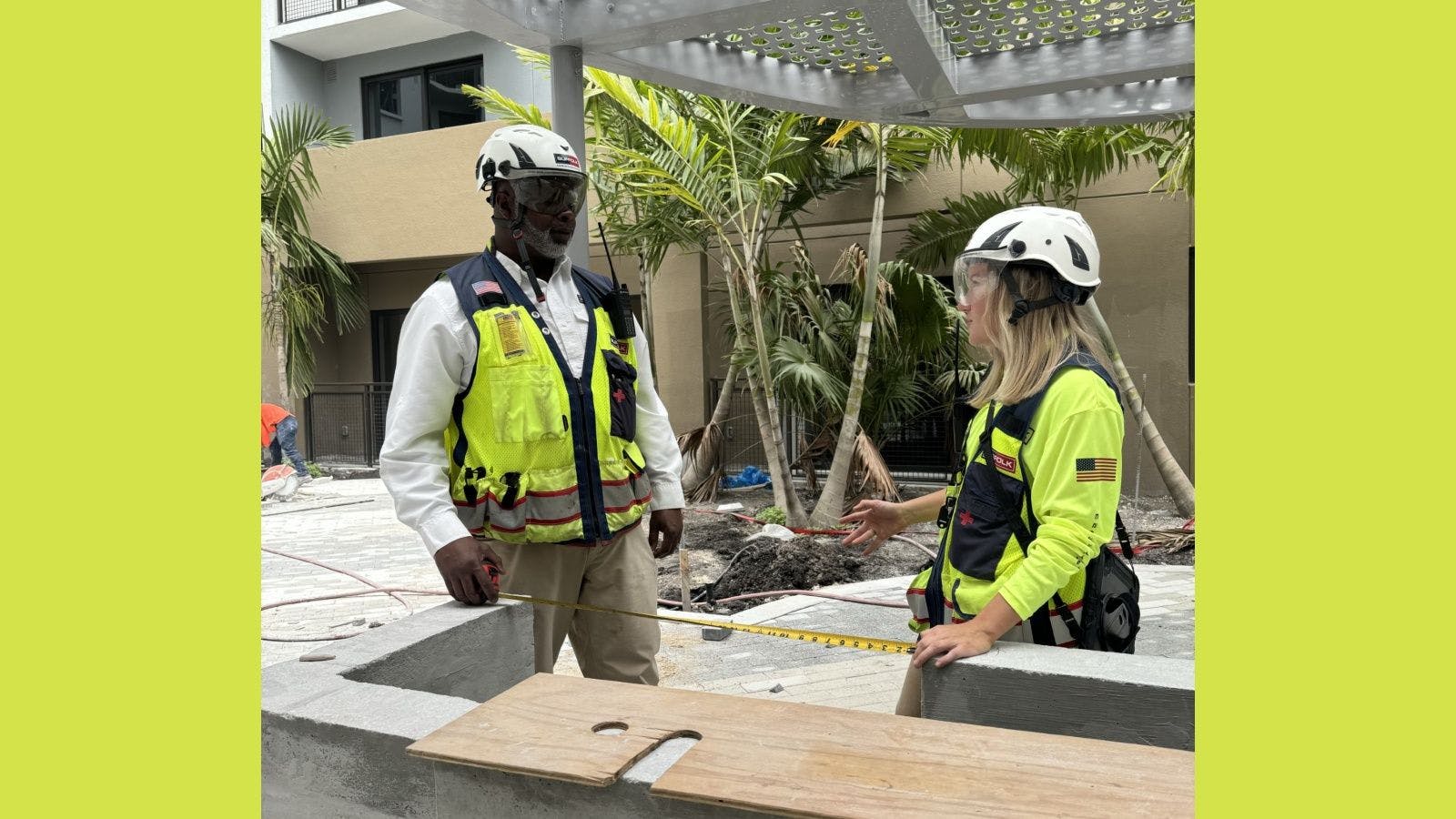
Five Ways Executive Coaching Drives Success in Construction
In today’s business world, coaching has become a cornerstone of leadership development, particularly for executives. It’s not only a transformative process for personal and professional awareness, discovery and growth, but coaching also helps executives uncover their blind spots, improve leadership skills and achieve real business results. A recent FMI study asking coaching clients about the impact coaching had on their engagement in their roles revealed some interesting insights about the relationship between coaching and success in the engineering and construction industry.
As commercial and industrial construction firms work to manage through growth and downturns, coaching remains a highly tailored and contextualized method of building strong leaders. The very nature of coaching is flexible and agile while addressing the many issues individual leaders are facing in their roles now and in the foreseeable future.
Five Reasons Coaching Works
Here are five ways executive coaching can help construction leaders reach their fullest potential while also supporting long-term growth across their organizations.
1. It provides a vital sounding board.
Many executives feel isolated at the top. Coaching provides a thought partner the can rely on and confide in. For many senior leaders, entering executive positions often comes with changing relationships and dynamics with their peers in the organization. “Working with an executive coach helped me talk through issues that I couldn’t talk through necessarily with my direct reports,” said one leader of a construction firm. “It allowed me to work through some of those issues in my head that I didn’t feel comfortable speaking about with my direct reports.”
2. Coaches can be great external advisers.
Coaches also help shed light on blind spots, offer key insights and provide an outside opinion on leaders’ actions. “My coach guided me in thinking about how we can restructure the business and whether to break into new regions or have vice presidents who were responsible for certain dimensions,” another industry leader pointed out. “He challenged some of my thoughts and validated others. It’s always good to be able to have someone from outside the business to look to and to challenge it.”
3. It helps raise self awareness.
Defined as the conscious knowledge of one’s character, feelings, motives and desires, self-awareness is an important component of good leadership. While this may seem like a soft, intangible skill, there are real economics to having leaders who are highly self-aware. In fact, leaders with strong self-awareness have a distinct bottom-line impact on their businesses.
4. Coaching helps facilitate effective leadership transitions.
The loneliness-at-the-top feeling is especially prevalent among leaders who are transitioning into new roles as part of a larger succession plan. Ambiguity about new expectations, uncertainty about how to perform in one’s new role, and the complexities of leading an organization can create an isolating experience that’s filled with self-doubt. Working with a coach can help address those challenges. Many construction leaders struggle with transitions because shifting the mindsets, focus areas and work styles that operated in their previous positions is difficult. Coaches can work effectively with leaders to find a new way of leading, working or being to maximize their success in a transition.
5. It creates an engagement catalyst.
Employee engagement has been a hot topic in the last few decades, with many companies focused on how to build engagement and tap into it, given its power in the business world. Nearly 88% of study participants suggested that coaching increased the overall engagement in their roles. This is likely because coaching improves confidence and satisfaction in jobs, reduces the learning curve for new roles and can enhance a coachee’s relationship with those around him or her at work—all of which may enhance engagement. In an environment that can be isolating and lonely, it’s not surprising that senior leaders find themselves more engaged when they have a coach.
By focusing on the development of specific leadership competencies required for success, executive coaching can greatly impact individual and organizational growth in the construction field. Leadership today is multifaceted, and great leaders must master competencies related to understanding themselves, others and the business. By using coaching in conjunction with other leadership development strategies, companies can help to bring out the best in their leaders.
Related stories








